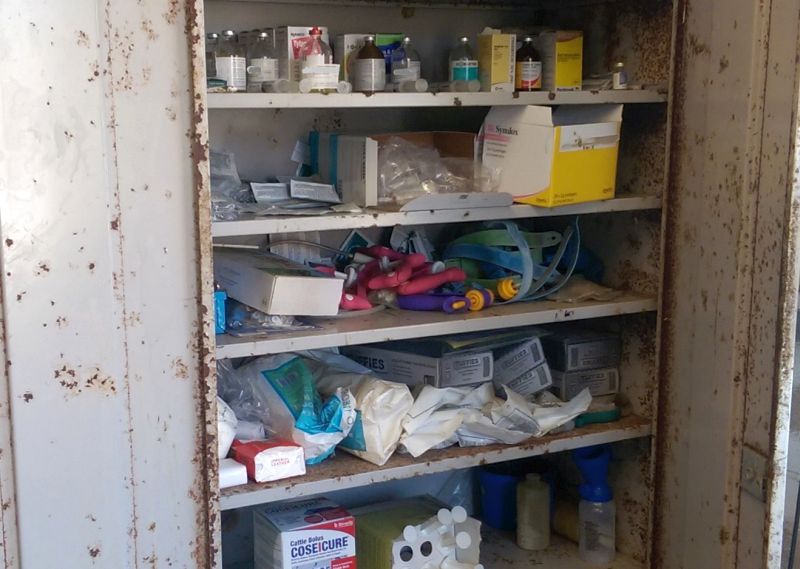
Research has revealed that nearly three-quarters of dairy farmers have expired medicines on-farm, in one instance being as much as 16 years out of date.
The University of Bristol study has highlighted a 'big knowledge gap' on what to do with expired medicines.
Very few farmers said they frequently discussed with their vet what was in the medicine cupboard.
Eager to understand more about farmer attitudes to medicine use, University of Bristol vet, Dr Gwen Rees, undertook PhD research to determine on-farm storage of prescription veterinary medicine.
“The research highlighted a big knowledge gap on what to do with expired medicines, with very few farmers saying they frequently discussed with their vet what was in the medicine cupboard,” he said.
In light of the study results, Dr Rees has advised farmers to conduct a ‘medicine cupboard health check’ as part of their regular herd health planning.
Farmers can then work with their vet to ensure they are using appropriate medicines.
In addition, only 63 percent of the study farms were storing medicines correctly which could also impact treatment effectiveness.
Dr Rees has recommended checking storage instructions on the bottles of medicines.
“For vaccines, it’s recommended storage temperatures are between 20C and 80C, particularly for live vaccines which are more sensitive to damage at raised temperatures.
“However, a study in 20101 found that on-farm this wasn’t the norm, and vaccines were often not stored at the correct temperature,” he said.
The study also found on-farm medicine records varied wildly, from very accurate to non-existent.
Recording and managing medicine use and stock is particularly important when meeting assurance scheme requirements and creating health plans.
“Using a simple medicine book to record when medicine is used, why it was given, and how much was administered, will help farmers to keep track of herd health.
“It is also valuable to include withdrawal periods and any subsequent doses needed to fulfil treatment,” Dr Rees added.
